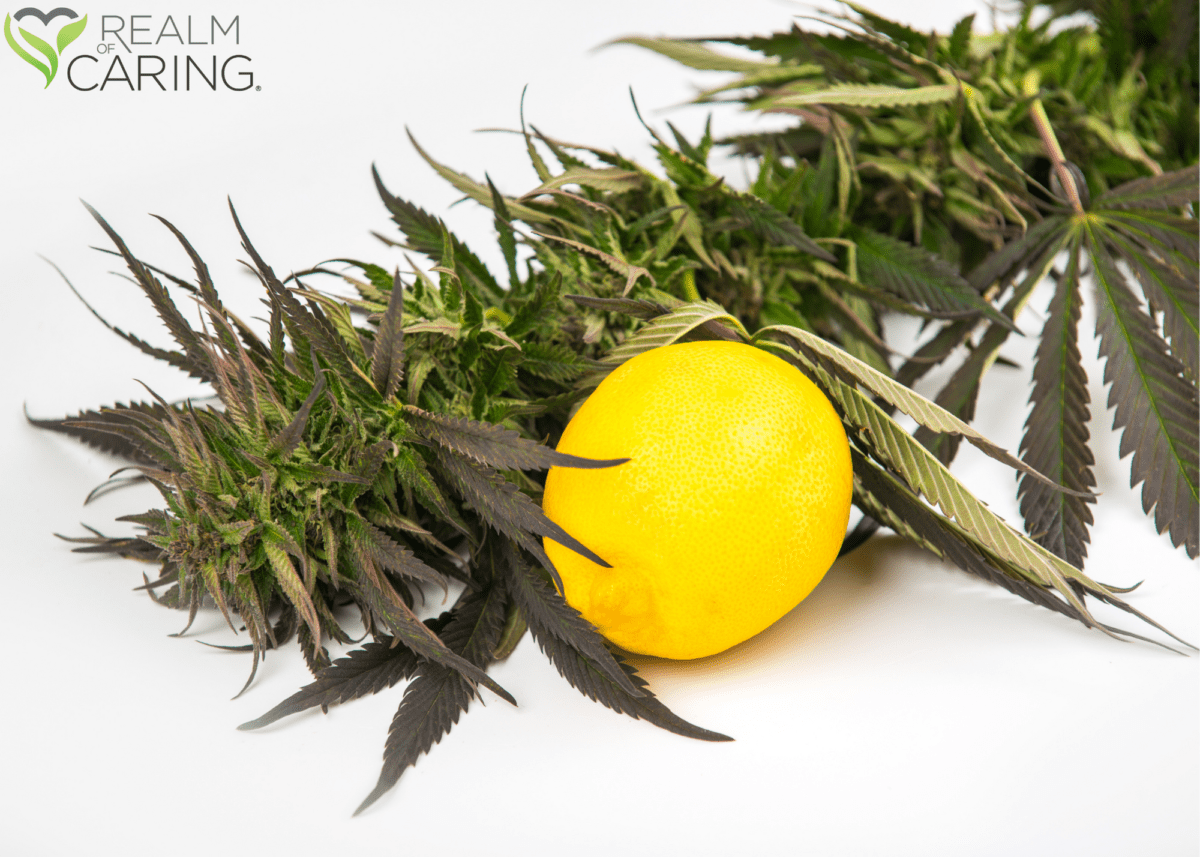With the start of the new year, several bills are expected to be introduced by Congress in the name of cannabis legislation and reform. Two congressional bills have, in fact, already been filed but Rep. Greg Steube (R-FL). The first introduced bill is identical to the previously proposed, The Marijuana 1-to-3 Act of 2019. This measure would reschedule Marijuana to a Schedule III with the goal to increase research on the therapeutic effects. The second filed legislation is The Veterans Cannabis Use for Safe Healing Act, to “prohibit the Secretary of Veterans Affairs from denying a veteran benefits due to the use of medical marijuana in states where the substance is legal.”
These introduced bills show promise, but advocates are looking for more change in terms of cannabis reform, especially considering that the Democrats now have control of both the House and the Senate. Last year the Marijuana Opportunity, Reinvestment and Expungement (MORE) Act was introduced to federally legalize marijuana. While this passed through the House it did not pass the Senate. To speak to the re-approach of the bill, Rep. Earl Blumenauer (D-OR) stated on his Twitter on February 1st, “We look forward to working with the Senate to refine the bill, advance its core criminal justice and restorative justice provisions, and end the failed federal prohibition of cannabis once and for all.”
Senate Majority Leader Chuck Schumer (D-NY) has stated that cannabis reform is a priority for 2021. On February 1st he announced on Twitter that “The War on Drugs has been a war on people, and particularly people of color. Ending the federal marijuana prohibition is necessary to right the wrongs of this failed war.” Schumer is working alongside Sen. Cory Booker (D-NJ) and Senate Finance Committee Chairman Ron Wyden (D-OR) to release draft legislation in the coming weeks, detailing the proposed policy change at a federal level. Their released, joint statement shows promise for “comprehensive reform to ensure restorative justice, protect public health and implement responsible taxes and regulations.”
Realm of Caring Foundation (RoC), is a 501(c)3 nonprofit organization that was established by parents in 2013 to support families who were out of medical options. By creating educational resources, conducting research, and assisting families with data-rich answers to their questions, RoC continues to be a leader in the cannabinoid (cannabis/hemp) field. RoC’s no-cost Care Team has served more than 65,000 clients worldwide and supports a network of over 2,000 medical professionals. To learn more about participating or to donate to this cause, visit www.realmofcaring.org or call 1-888-210-3772.





